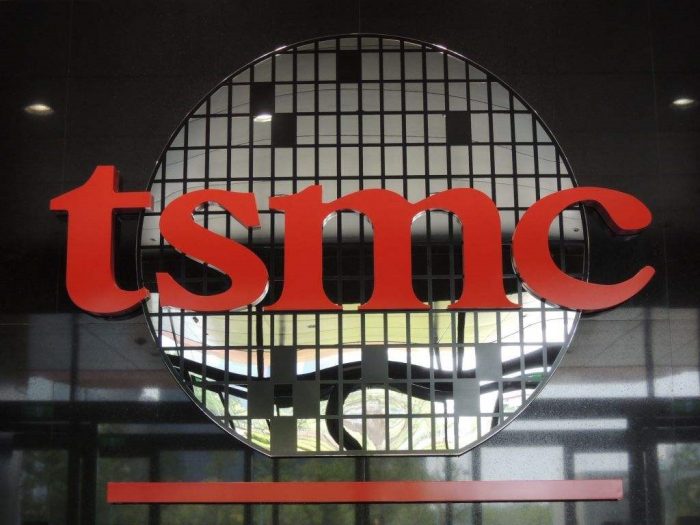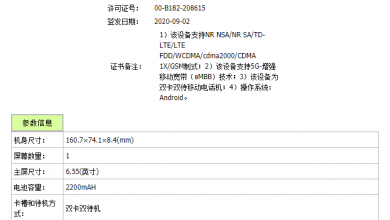At the 2020 World Semiconductor Conference and Nanjing International Semiconductor Expo on August 26, Luo Zhenqiu, general manager of TSMC (Nanjing) Co., Ltd., introduced that more than 140 products of 7nm chips have been mass-produced, and it is expected to be before the end of this year. This number will exceed 200. At the same time, 5nm has now entered the mass production stage, and its yield rate is much better than the 7nm three years ago. It is expected to mass-produce 4nm chips next year officially.
In addition, he revealed that next year we will see 3nm chip products. In 2022, 3nm chips entered mass production. TSMC’s 3nm chips can improve performance by 10%-15%, and power consumption can be further reduced by 25-30%.
Luo Zhenqiu said that TSMC had invested more than US $3 billion in research and development this year, and all research and development funds have been spent on chips. At present, TSMC’s 7nm chips have entered the third year of mass production. So far, more than 140 products of 7nm chips have been mass-produced. TSMC expects this number to exceed 200 by the end of this year.
In addition to 7nm chips, TSMC is also working on N7+, which is a strong miniaturization of 7nm and 6nm chips. TSMC treats 6nm and 7nm as the same node. The output of this node is quite large. So far, TSMC has provided more than 1 billion chips to the world. Application areas include CPU, GPU, communications, and AI.
According to Luo Zhenqiu, TSMC’s 5nm chips have entered mass production. Judging from the yield rate of the production situation, the yield rate of 5nm chips is much better than that of 7nm chips three years ago.
The 4nm chip is the next generation process, and we continue to improve the area and power consumption of the 5nm. It can not only make the chip area smaller but also have better competitiveness in terms of power consumption and cost through different design methods. It is expected that the 4-nanometer chip will be officially mass-produced next year.
TSMC is also developing 3nm chips. In fact, TSMC will also develop 2nm and 1nm chips in the future. TSMC can further improve performance by 10%-15% on 3nm chips and reduce power consumption by 25%-30%. We should be able to see 3nm next year and achieve mass production in 2022.






